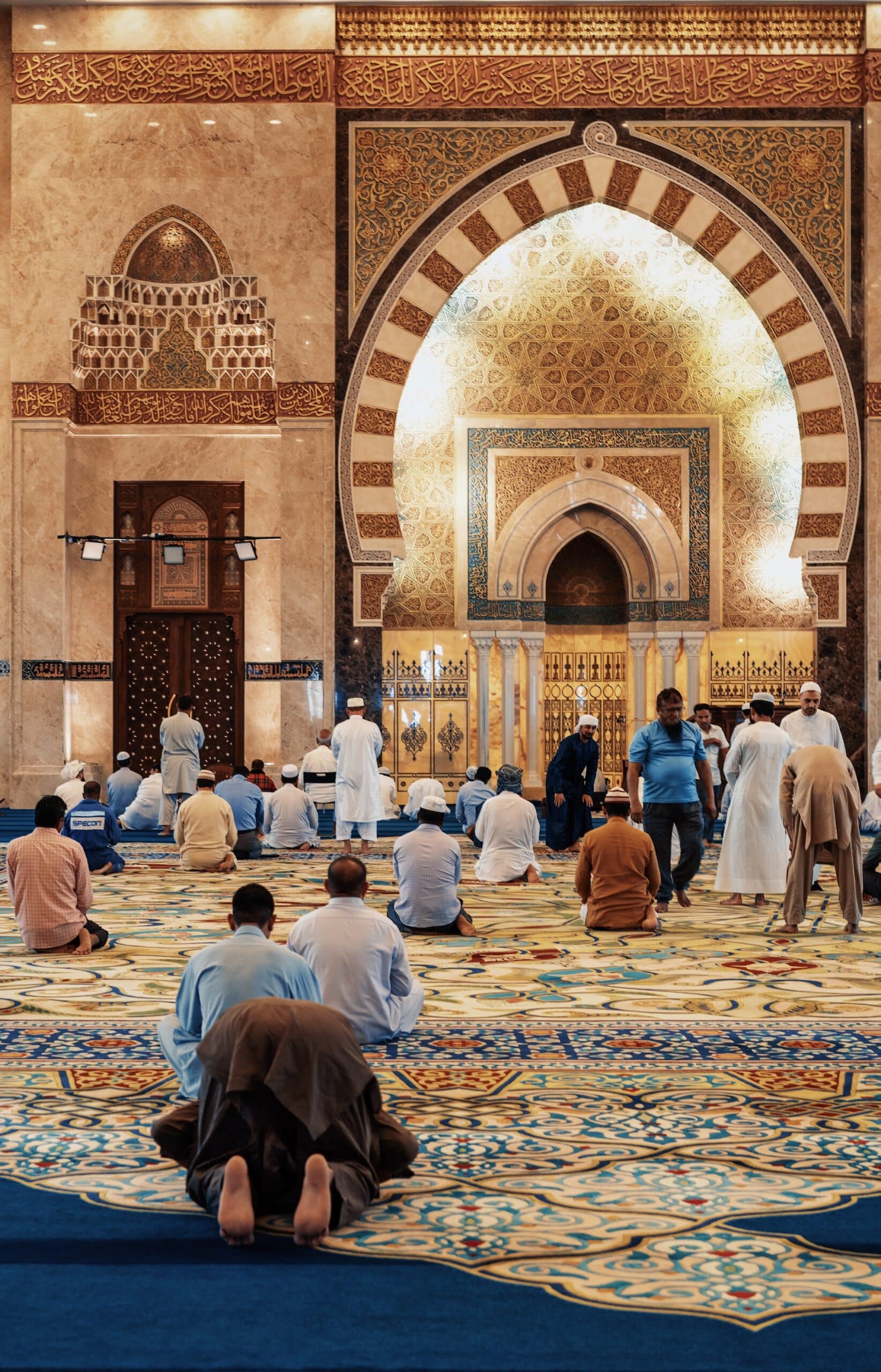As the significant festival of Eid Al Adha approaches, communities in the Middle East and North Africa (Mena) region face a steep obstacle. Escalating livestock prices, propelled by rampant inflation, are placing the central tradition of animal sacrifice under strain.
Eid Al Adha, often referred to as the Festival of Sacrifice, is a key commemoration for Muslims worldwide. It recalls the Quranic tale of the Prophet Ibrahim being commanded by God to sacrifice his son, Ismail – a supreme test of faith, which culminated in the angel Gabriel replacing Ismail with a ram at the final moment.
This ritual sacrifice of livestock, typically sheep, goats, and cows, traditionally takes place before the Eid Al Adha prayer. However, amid skyrocketing prices and inflation, this custom is becoming increasingly taxing.
For Baghdad resident Akeel Hameed, a previous business owner who succumbed to bankruptcy following widespread pro-reform protests and the Covid-19 pandemic, the price surge is palpable. “I, along with everyone else, enjoy making a sacrifice on this occasion, but year on year, it becomes increasingly challenging due to spiralling prices,” he said.
Inflation has seen the cost of most goods surge by at least 50% since the close of 2020 in a nation where the poverty rate stands at 31.7% among its population of 40 million. The meat prices, having risen by no less than 20% on last year’s, are adding further strain to the budgets of those wanting to participate in the age-old tradition.
Community initiatives, such as a local mosque in Mr Hameed’s neighbourhood, are offering more affordable alternatives. These community-led projects collect around 25,000 Iraqi dinars, equivalent to approximately $17, from each resident, allowing the tradition to continue collectively. “This joint approach lessens individual financial stress and promotes a sense of unity and community spirit,” Mr Hameed said.
The ripple effects of inflation are also impacting Eid remittances, with many Muslim individuals, particularly those in Western nations, opting to send money home for the sacrifice to be made on their behalf. The type and size of the sacrificial animal is dictated by each household’s financial status, and many find it cheaper to have the act performed in their home countries.
Naeem Ali, a Pakistani expatriate living in Jeddah, notes the variability in the market: “Depending on their financial circumstances, people buy smaller or larger sacrificial animals. Everyone will distribute and consume according to their abilities and means. It’s costly for us to purchase here, so we send money back home for it.”
Despite the difficulties, many continue to uphold the tradition, with some choosing to utilise official government resources such as the Saudi Adahi portal. Salma Hashem, a Saudi citizen, shared: “I trust the government’s portal, and honestly, it is the most straightforward and quickest transaction. This ensures our funds go to the right place, and meals are distributed by the government too.”
As Muslims worldwide navigate the challenges of maintaining cherished traditions amidst economic pressure, the spirit of unity and sacrifice that characterises Eid Al Adha continues to resonate, even in difficult times.
Image Credit: Rumman Amin on Unsplash



















